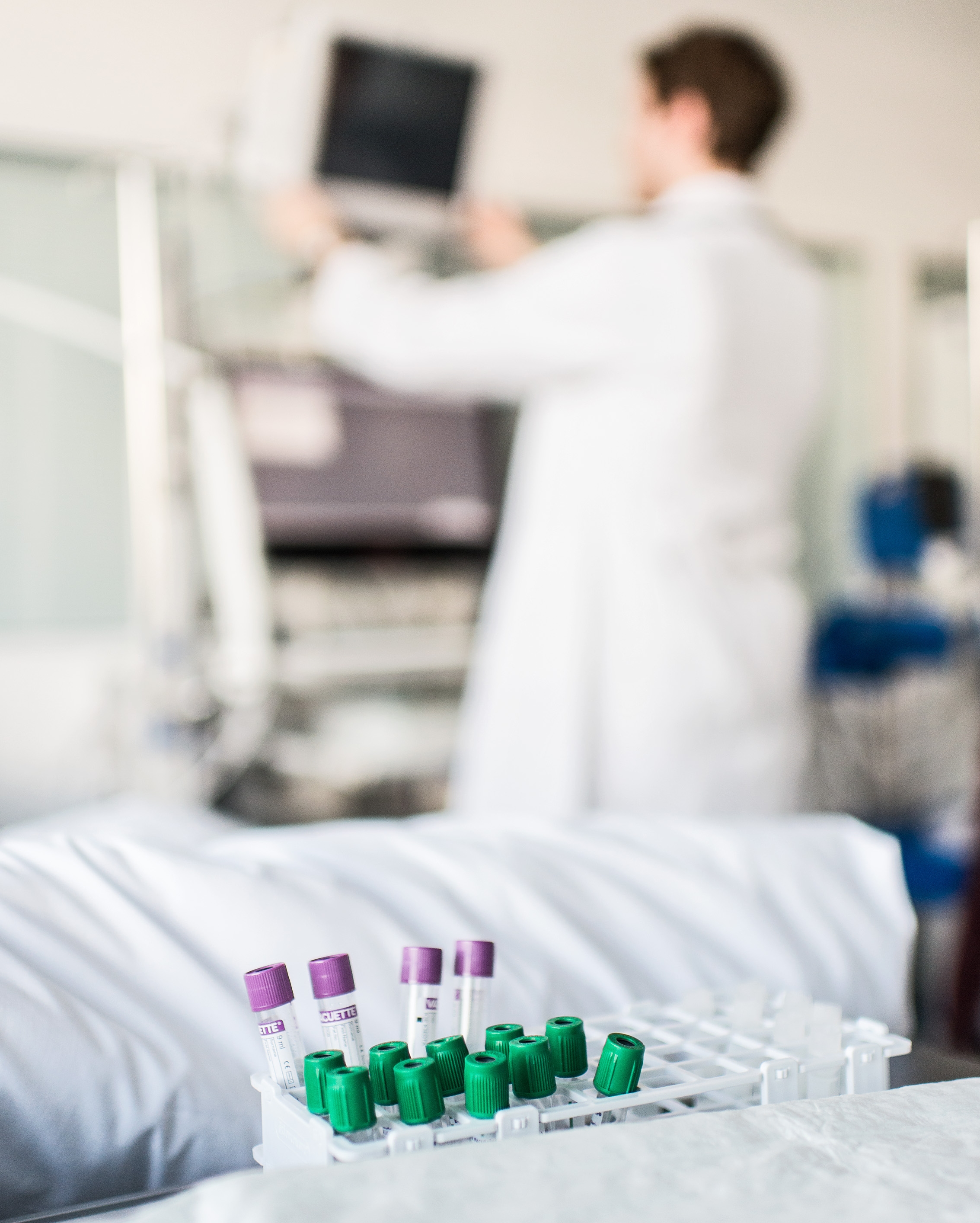BEAT-COVID – advanced therapy strategies against the pandemic
Fraunhofer consortium to jointly develop therapies and platform technologies against COVID-19 and other infectious diseases.

The present SARS-coronavirus-2 pandemic with all its effects on society – both health and economic – highlights the urgency of developing new therapies for COVID-19 treatment. At the same time, it demonstrates the necessity to become well prepared for new virus infections we may be facing in the future. To help control the current pandemic and brace for novel pathogens that may cause future pandemics, Fraunhofer researchers have initiated the project BEAT-COVID to develop independent novel therapy strategies and build up platform technologies that will enable rapid and targeted development of new drugs against as yet unknown pathogens that may emerge.
Coordinated by the Fraunhofer Institute for Toxicology and Experimental Medicine ITEM, the other partners in the BEAT-COVID project are the Fraunhofer Institutes for Cell Therapy and Immunology IZI, for Silicate Research ISC, for Applied Polymer Research IAP, and for Reliability and Microintegration IZM, supported by cooperating universities. Based on their expertise in preclinical and clinical drug development, the consortium wants to address the following objectives: prevent the virus from entering host cells, combat the virus itself, and control the excessive immune response triggered by the virus.
"We believe that the development of advanced therapies against infectious diseases, in particular against SARS-CoV-2 and the lung disease COVID-19, is highly relevant. Because to date, it is unresolved whether vaccination alone is the optimal strategy for COVID-19 prevention. We will certainly need therapies in addition to treat patients who have contracted the disease – there is great potential in novel drugs," says Prof. Jens Hohlfeld, pulmonologist and Division Director of Airway Research at Fraunhofer ITEM, who is heading the Fraunhofer consortium BEAT-COVID. With strategies based on viral vectors and siRNA (small interfering RNA), the team, first of all, wants to keep the SARS-coronavirus-2 from entering cells in the airways and, secondly, stop replication of the virus inside infected cells. Another aim of this project is to enable control of the excessive immune response in COVID-19 patients by inhaled administration of anti-inflammatory antibodies. Inhaled administration via the airways will deliver the antibodies quickly and directly to the main site of action of SARS-CoV-2, which is the lung.
"The present pandemic will not be the last one mankind will be confronted with. But is has clearly shown us the necessity to be well prepared for future infections with new viruses," says Prof. Hohlfeld. The BEAT-COVID consortium wants to achieve this by establishing platform technologies based on which novel antiviral drugs can rapidly be developed and tested. In particular for drugs based on genes, platform technologies would basically be easy to develop – because once established, the methods and processes could be adapted relatively easily to specific new pathogens.
Cooperating institutes:
Fraunhofer ITEM, Fraunhofer IZI, Fraunhofer ISC, Fraunhofer IAP, Fraunhofer IZM
Last modified: